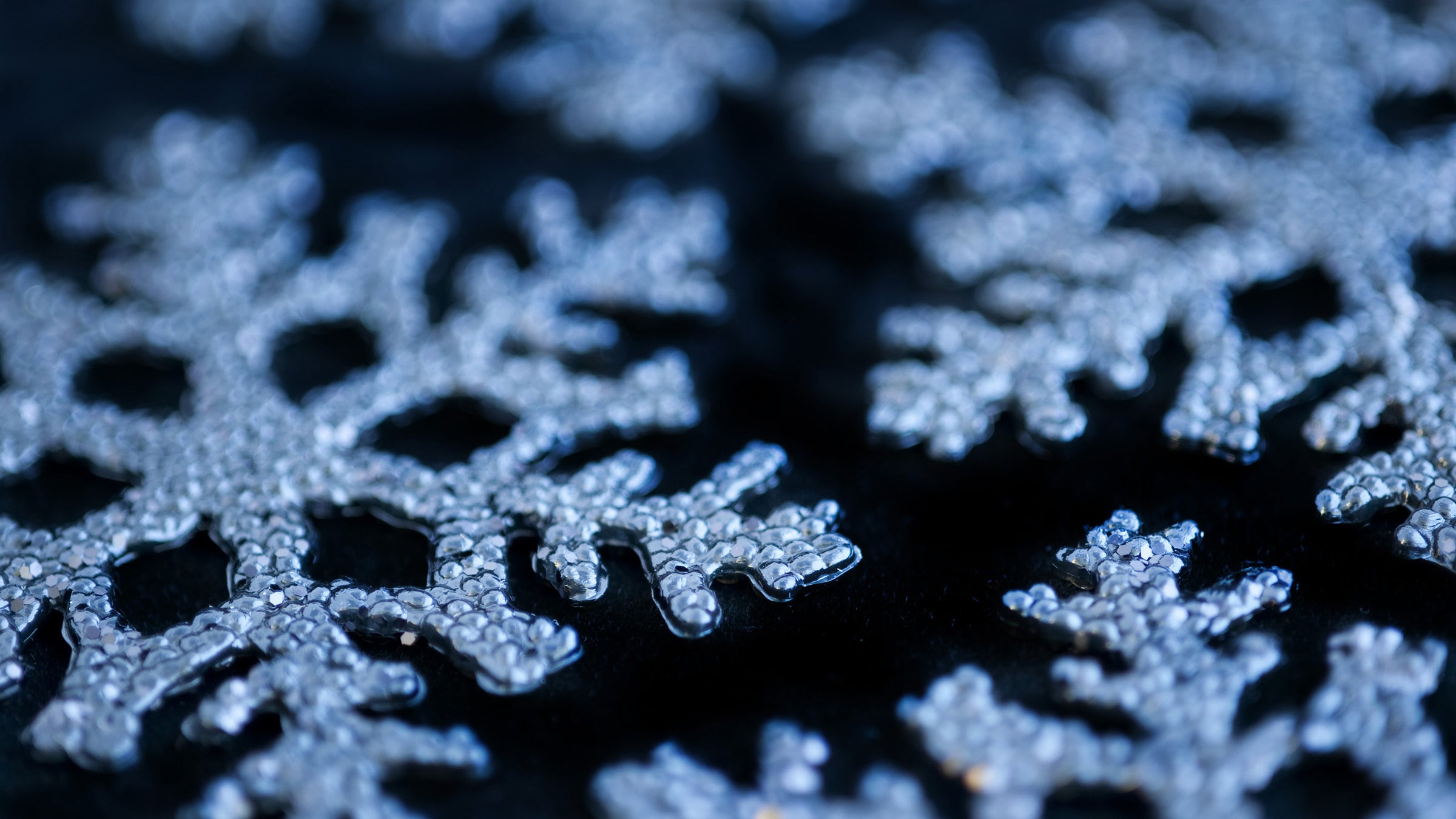News: Research
Read the latest news from the Department of Physics
Physicists Discover Long-Predicted ‘Clock Magnetism’ in an Atomically Thin Crystal
Observation of BKT and six-state clock phases reveals how magnetism behaves in two dimensions and may inspire ultracompact technologies.

Are Atoms Like Snowflakes? Physicist Proposes a New Test
A paper in Physics Letters B explores quantum mechanical tests of distinguishability and determinism in atoms.

Superfluids are Supposed to Flow Indefinitely. Physicists Just Watched One Stop Moving.
Researchers may have glimpsed a supersolid, an enigmatic quantum version of a classical solid.

Oden Institute
Study Reveals Hidden Topological Structure in Polarons
UT physicists found an unexpected layer of structure in one of solid-state physics’ most common quasiparticles.

Experiment Sets Tightest Limits Yet on Proposed Dark Matter Particles
UT physicists involved with LUX-ZEPLIN helped analyze the largest dataset ever collected by a dark matter detector.

“Rival” Neutrino Experiments NOvA and T2K Publish First Joint Analysis
The results add to physicists’ understanding of neutrinos and validate collaboration between major experiments.

More Dark Star Candidates Found in JWST Data
A growing list of dark star candidates could help explain why some early galaxies were so big, so early in the universe.

Stephen Hawking Was Right: Black Holes Always Grow in Area
Researchers celebrate 10th anniversary of gravitational wave discovery, announce verification of a Hawking theorem.

UT Scientists Spied a Skyrmion. What is That?
This, and six other questions about a recent first in physics, answered.

Physicists Reveal Muscles’ Molecular Secret to Balancing Strength and Stamina
The findings could have implications for robotics, prosthetics and energy efficient machines.

